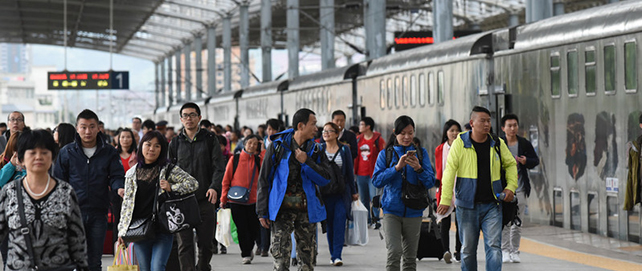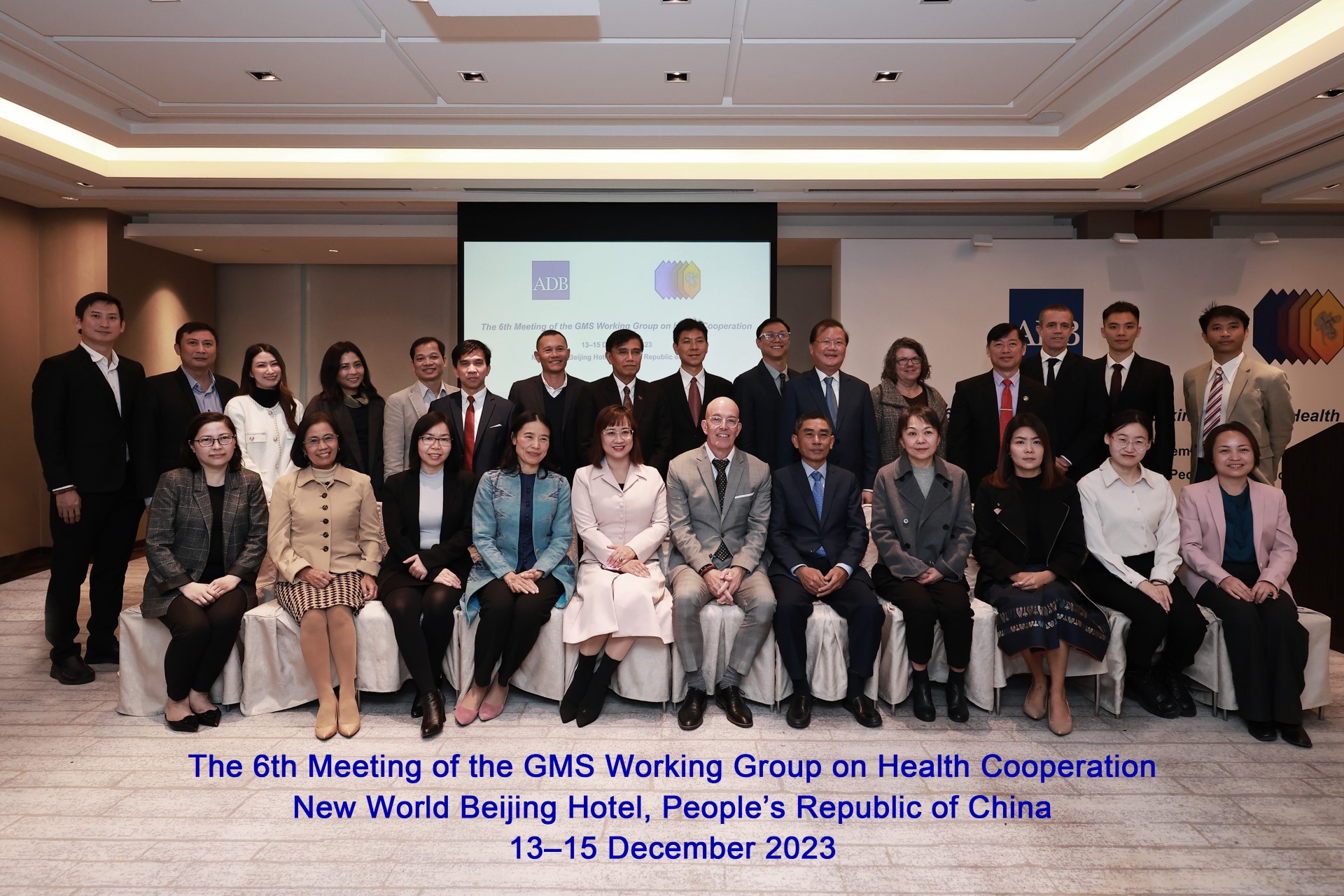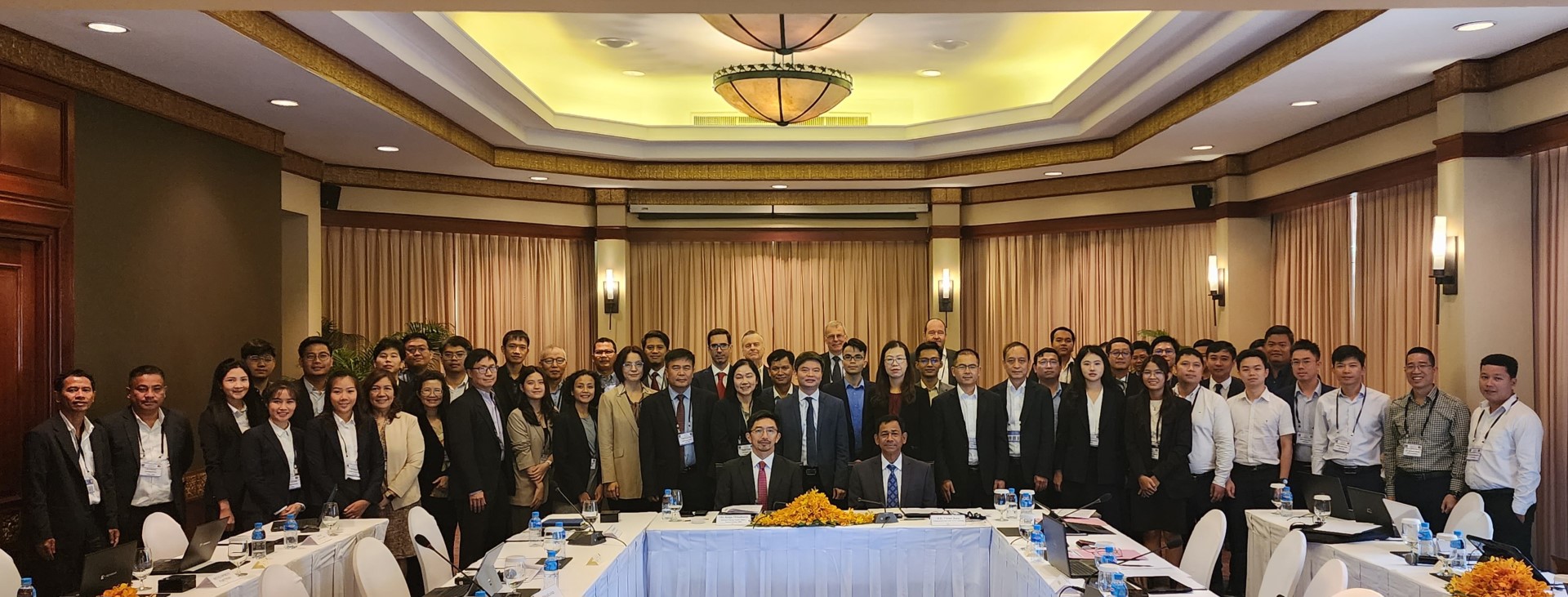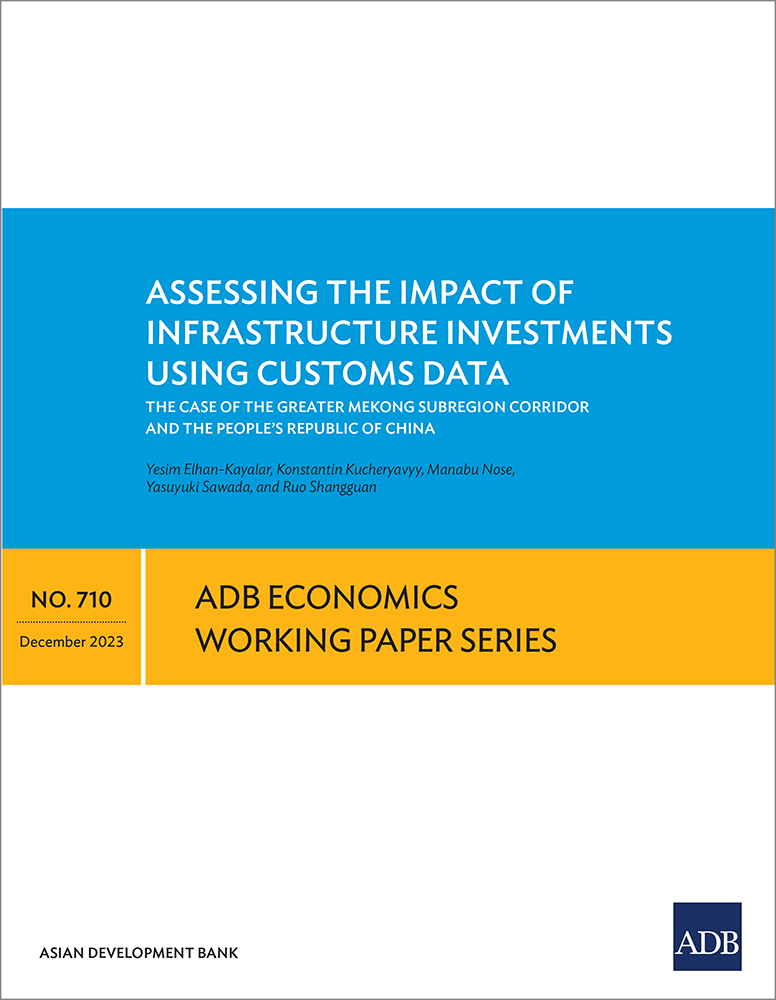People’s Republic of China (Yunnan Province and Guangxi Zhuang Autonomous Region)






Guangxi and Yunnan are important "gateways" for trade between the People’s Republic of China (PRC) and the rest of the GMS. Development has been slow compared with most provinces in the PRC. However, on the back of the country’s impressive economic performance in recent decades, both Guangxi and Yunnan have benefited from improved infrastructure and social services. The PRC is looking to further build on their strategic location by making large transport investments aimed at strengthening connectivity with other GMS countries. It is also actively promoting increased GMS cooperation in sectors such as agriculture, education, energy, the environment, human resource development, and health.
Quick Facts
| Population | 48 million (2017) |
| GDP at PPP (current international dollars) | 466 billion (2017) |
| GDP per capita at PPP (current international dollars) | 9,700 (2017) |
| Population | 56 million (2017) |
| GDP at PPP (current international dollars) | 575 billion (2017) |
| GDP per capita at PPP (current international dollars) | 10,194 (2017) |
Agriculture
Although much of the rugged land in Guangxi and Yunnan cannot be farmed, agriculture is still the livelihood mainstay for millions of rural people. Yunnan has a sizable portion of the PRC’s rubber trees, and the province is famous for its tea. Guangxi produces a large sugarcane crop and grows many varieties of fruit. Moreover, each has a wide range of agricultural products found nowhere else, including medicinal plants. Guangxi and Yunnan are both looking to further leverage their positions as “gateways” for agricultural trade between the GMS and the rest of the PRC. They are working to increase agribusiness investments throughout the subregion.
Energy
The PRC has the largest power system in the world and is the leading producer of electricity from renewable sources. Yunnan Province has become an important source of clean energy for the country, as well as a hub for the transregional oil and gas. Both Guangxi and Yunnan have extensive hydropower resources, and they are engaged in power-trade and interconnection projects with neighboring countries such as the Lao PDR, Myanmar, and Viet Nam.
Environment
Guangxi and Yunnan boast some of the most varied landscapes in the subregion, including glacial mountains and large limestone karst formations. They are both home to a high proportion of the PRC’s animal and plant species, many of which are endemic. Guangxi and Yunnan have both made great strides toward establishing biodiversity corridors to engender forest connectivity among protected areas. In fact, the PRC is a GMS leader in promoting transboundary collaboration between countries on biodiversity conservation along borders.
Human Resource Development and Health<
The PRC’s investments in human resource development are helping to modernize and diversify the economies of Guangxi and Yunnan. Technical and vocational education and training have been priorities, with a particular emphasis on rural and ethnic-minority populations. The PRC is a leader in GMS cooperation on education, each year providing thousands of scholarships for students from across the subregion, many of whom attend universities in Guangxi and Yunnan. It also actively promotes cooperation on health issues, with a focus on border areas. Further, the PRC is looking to strengthen existing partnerships with its GMS neighbors on health security, health training, research, information sharing, and disease management.
Information and Communication Technology
ICT is supporting socioeconomic development in the PRC. The expansion of internet and other ICT services is enabling thousands of rural communities to overcome geographic isolation and to access new economic and educational opportunities. ICT is also playing a key role in strengthening Guangxi and Yunnan as the PRC’s trade “gateways” to the other GMS countries. New e-commerce platforms and zones have been created to boost cross-border trade. The PRC also actively supports the GMS E-Commerce Business Alliance.
Tourism
With towering glacial mountains, unique limestone karst formations, and pristine forests abundant in wildlife, Guangxi and Yunnan attract huge numbers of domestic tourists each year. Many visitors come to enjoy the local culture, especially in Yunnan, which is the PRC’s most ethnically diverse province. The PRC is looking to attract more international visitors by improving destination marketing and tourism services.
Transport
Since the 1990s, transport infrastructure has been a priority investment area for the PRC. Both Guangxi and Yunnan now have well-developed road and railway networks. Today, paved roads connect the vast majority of remote communities, helping to provide economic opportunities for rural families. The PRC is actively collaborating with its GMS partners to strengthen subregional railway and road linkages, with major investments planned for new GMS transport infrastructure.
Transport and Trade Facilitation
Guangxi and Yunnan are trade “gateways” connecting the PRC to the GMS countries and other Southeast Asian countries. Major exports include electrical machinery and agricultural products such as rubber and sugar. The PRC and Viet Nam have already initiated cross-border trac rights for trucks and buses, and are now working together to develop more ecient inspection and quarantine procedures. Eorts are also under way to improve the customs and transport processes at land ports on the borders with the Lao PDR and Myanmar.
Urban Development
In addition to the provincial capitals of Nanning and Kunming, both Guangxi and Yunnan have large secondary cities. Since the turn of the century, major investments in urban transport and housing have improved commerce and the quality of life in many locales. Today, urban development is intensifying in secondary cities and towns located along the economic corridors. Both Guangxi and Yunnan are diligently working to create better urban solid waste, wastewater, and flood-control facilities, and to manage their air pollution. The PRC is also actively sharing its urban development expertise and experience with the other GMS countries.
GMS Program Officials and Contacts in the PRC
- LU Jin (Mr)
National Coordinator Deputy Director General Department of International Economic and Financial Cooperation Ministry of Finance - ZHAN Shu (Mr)
Director Department of International Economic and Financial Cooperation Ministry of Finance
Greater Mekong Subregion: 25 Years of Partnership
ADB and the People's Republic of China: Fact Sheet






